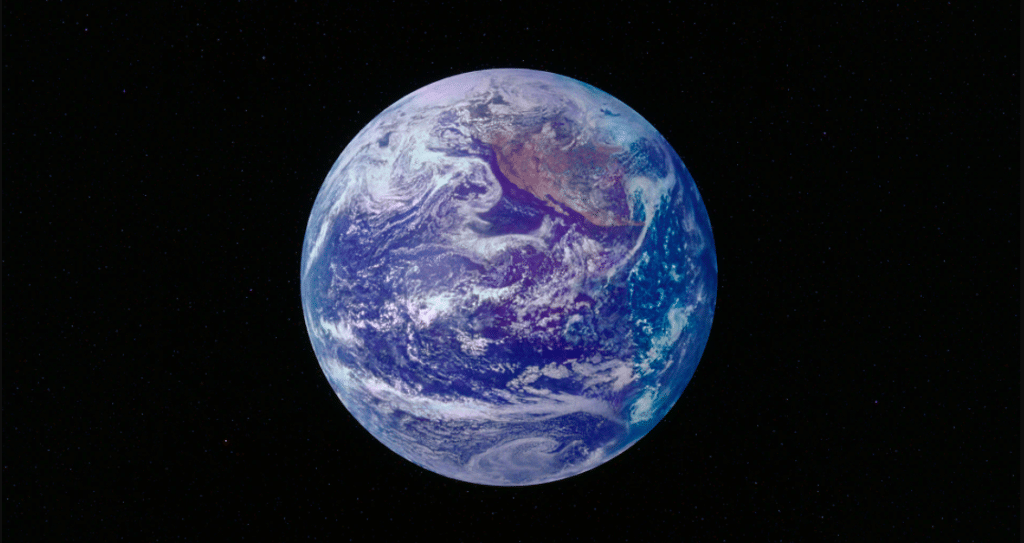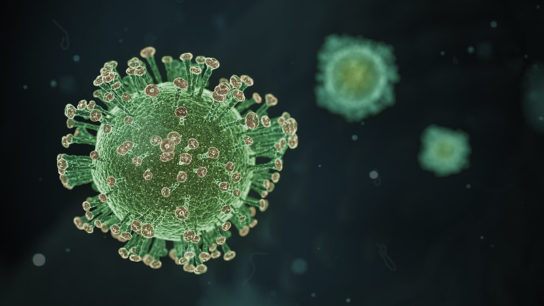Humans have arguably never been as powerful as we are now, nor have we ever had this much agency over our surroundings. Anatomically modern humans have been walking the Earth for around 200,000 years, although it was only after the Agricultural Revolution 10,000 years ago that we began to live within organised governmental and economic systems. 200 years ago, the Industrial Revolution began, bringing with it unprecedented changes to our markets, way of life and ambitions. In a remarkably short span of time, technological developments allowed us to grow from simple hunter-gatherers into an advanced global civilisation with the capacity to control, manipulate and yes, even destroy the Earth’s geology and ecosystems at will.
Regrettably, the wisdom and morality of humanity has not kept up with the breakneck pace of our technological and economic growth. Despite our achievements, we have yet to evolve into a species that adequately values equity, survivability and welfare. We have so far failed to understand that our most impressive accomplishments have been due to our capacity to share ideas and knowledge from generation to generation. Our unique capacity for language, articulation of complex notions and desire to share our thoughts with others has created a natural process of self-improvement that stretches far beyond any single human lifetime. We actively build upon ideas from the past and from other people, to formulate new and exciting propositions and creations. The ability to draw on past knowledge and actively participate in the formation of our future is part of what has set our species apart.
This future is constructed by the present, which is setting forth many risks to our lasting prosperity. Some risks are natural and unpreventable, should we be unfortunate enough to experience them. But anthropogenic climate change and environmental degradation are entirely self-inflicted, and ostensibly have a higher likelihood of coming to pass.
We deliberately call these crises risks and not threats, because naming them threats would imply that there is an external force acting upon us, that the ultimate outcome is beyond our control or responsibility. A risk is a voluntary decision taken willfully based on an assessment of potential costs and benefits; it is a gamble. By embarking upon what was clearly a destructive and unsustainable path, and refusing to change course even when the scientific evidence began imploring us to do so, our gamble has been rewarded with accelerating climate change and progressive environmental decay. While our absolute extinction is probably not a realistic risk at this stage, we are certainly gambling any lasting prosperity for the Earth’s species, quality of life for future generations of humans and the continuation of humanity’s historical trajectory of progress.
Our species has encountered hardships before, and we have mostly overcome them. These modern risks are different. They are global, reveal themselves slowly and fixing them will require a concerted adjustment to every single human’s way of life. What we are witnessing is a form of slow violence, a subtle harm that unfolds itself gradually. The perpetrators of this violence are many and mostly hidden by anonymity, but the victims of the future are painfully obvious today.
If we do nothing, these risks become reality, and the implications will be nearly impossible for governments to handle simultaneously. Climate change, sea level rise and loss of ecological services will force hundreds of millions of climate refugees to seek asylum, which will place unprecedented strain on political and social institutions worldwide. Many countries will already be dealing with the adverse effects of biodiversity loss, extreme weather events and runaway pollution on home soil. Many migrants will undoubtedly be turned away.
The humanitarian crisis will be horrendous, but so will the economic one. Agricultural output will decline and international supply chains will be disrupted. Heat waves will negatively impact worker productivity, increasing the number of hours required to achieve the same outcomes. Higher temperatures and biodiversity loss are projected to fuel more frequent and severe disease outbreaks that will need to be combated by government spending. Increased resource scarcity, as well as a general dissatisfaction with the state of the world, will precede more cases of isolationism and conflict, and drive more people towards extremist ideologies.
At current rates of extraction, production and consumption, this future begins to look increasingly inevitable. It is as hopeful as it is disheartening to think that we could still avoid this future at an expense that would be marginal relative to the cost of doing nothing. Our institutions, much like us humans, need to mature and acquire a sense of long-termism and equitable justice not only for ourselves, but for all human and non-human living beings on Earth, now and in the future. The tools at our disposal are functional, but we are using them in ways that are simply sub-optimal and inefficient.
The trajectory of human existence thus far has shown that our limits are boundless. The technological progress made in our recent history indicates that any generational goal we set ourselves, be it to end inequality, cure once-terminal diseases, reach post-scarcity and even to become an interplanetary species, could be possible. So when we ask ourselves what is at stake, the answer is virtually anything that we as individuals or as a collective hold dear or want to aspire towards. Country, nature, discovery, family, love, progress. The risk is real, and it is all at stake. As the most advanced iteration of the most powerful species to ever walk the Earth, we have the ability to safeguard the planet, its present and future inhabitants and all their possible ambitions. We intend to show you how.


















